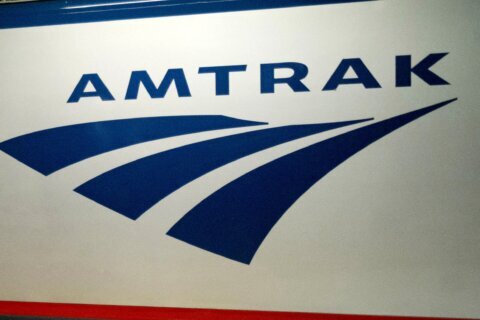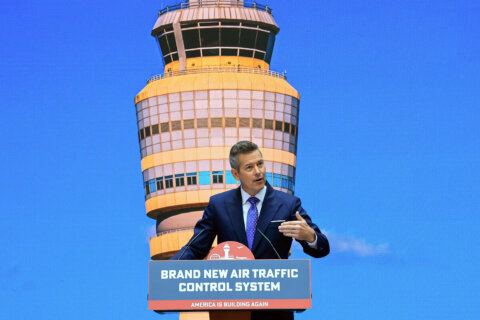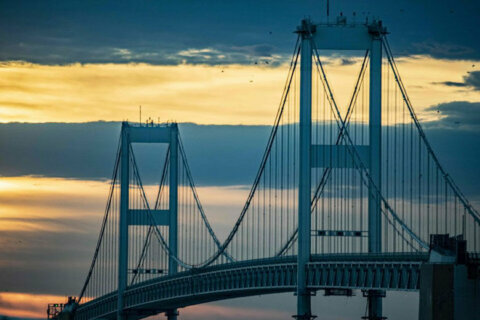Amtrak CEO William Flynn laid out his reasons for opposing the proposed MAGLEV train line in the Northeast Corridor.
Flynn told a House subcommittee Thursday that once the MAGLEV is built, it would only serve the wealthy because the tickets are much more expensive than Amtrak.
He also bashed the cost, saying the technology is environmentally disruptive and much more expensive than rail service.
Instead, Flynn pushed for Congress to fund upgrades to Amtrak that would allow for faster transportation between D.C. and Baltimore and D.C. and New York.
“Investments like these would create thousands of jobs, enable faster and more frequent commuter rail service and contribute directly to the fight against climate change,” Flynn said.
When asked how Amtrak’s project would take equity and accessibility into consideration Flynn responded saying building higher-speed services in areas where Amtrak does not already exist would “bring accessibility to good quality services that customers would want to take.”
Wayne Rogers, chief executive of Baltimore-Washington Rapid Rail, which is the head of the effort to build the MAGLEV said it would not replace Amtrak.
“Amtrak will still carry millions of passengers, we are complimentary to Amtrak and we are singularly focused on the 94% of passengers that still utilize their automobile,” Rogers said.
However, Rogers did describe Amtrak’s service as inadequate, saying the Northeastern corridor “lacks modern first-class transportation infrastructure.”
Rogers also said that constructing the MAGLEV train line would help to combat climate change, citing transportation as the main contributor of climate change.
“We will reduce vehicle miles traveled by 9% to 12%, eliminating 16 million cars and two million tons of greenhouse gas reduction
The project is currently being reviewed by federal officials for environmental impact.
In January, the Federal Railroad Administration released a preliminary review of the MAGLEV project and said a Baltimore-Washington corridor would be ideal.







